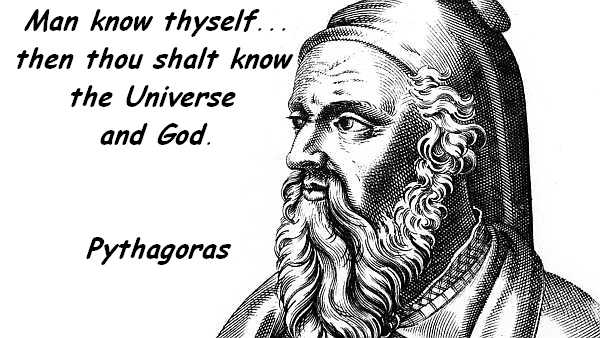Angel
DP Veteran
- Joined
- May 3, 2017
- Messages
- 18,001
- Reaction score
- 2,909
- Location
- New York City
- Gender
- Male
- Political Leaning
- Independent


Two pieces of ANCIENT WISDOM
"Character is Fate"
"Know Thyself"
Yes?
No?
Maybe?
So?
Can you appreciate their lovely complementarity?
Can you express this complementarity in your own words?
Is this wisdom the answer to the narcissism of our times?
[Hewing to the rules of this forum, this thread is "dedicated and limited to discussion of a ... philosophical topic."
Silliness will be silently judged off-screen.
Peace.]

Last edited:

